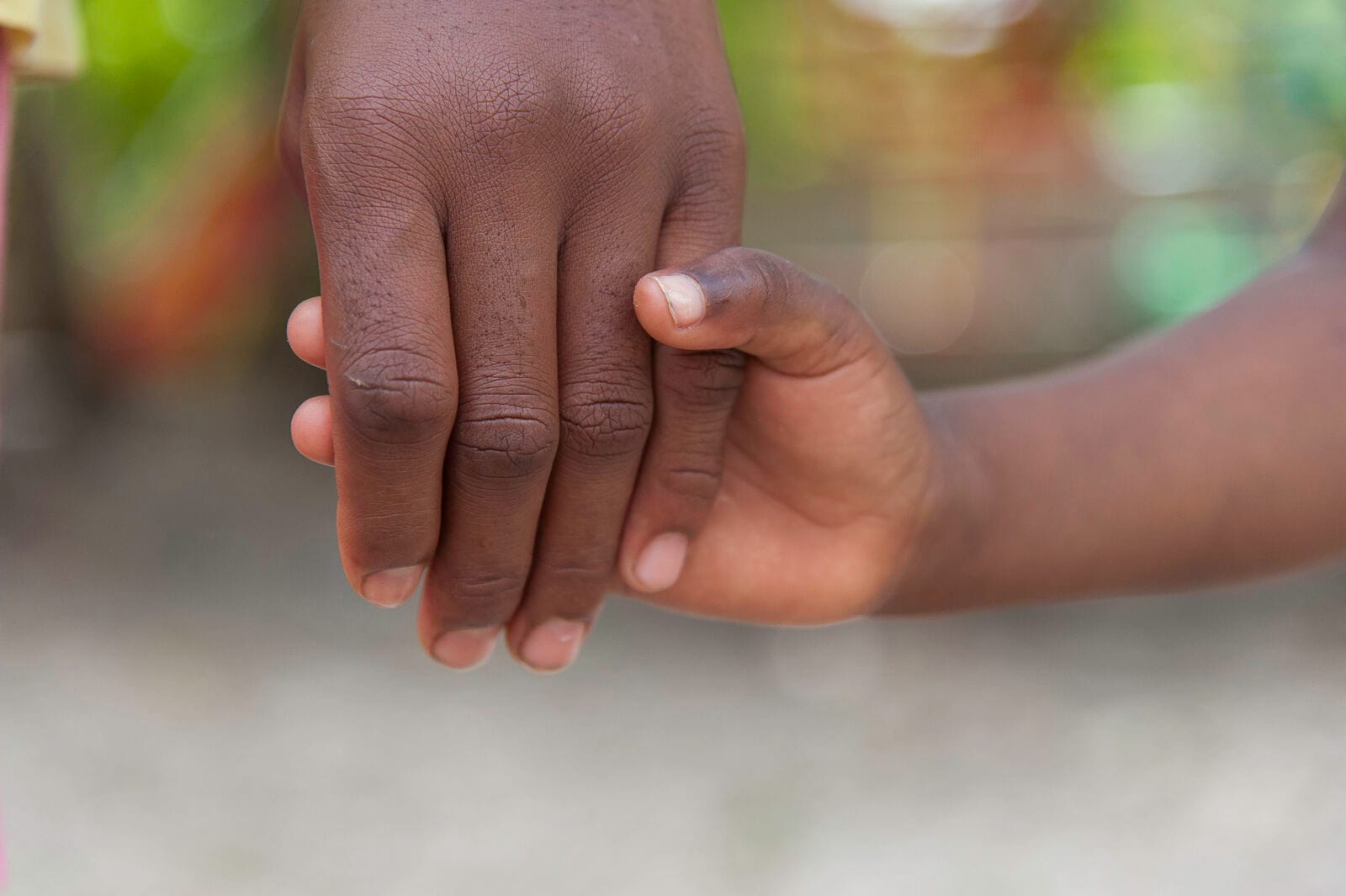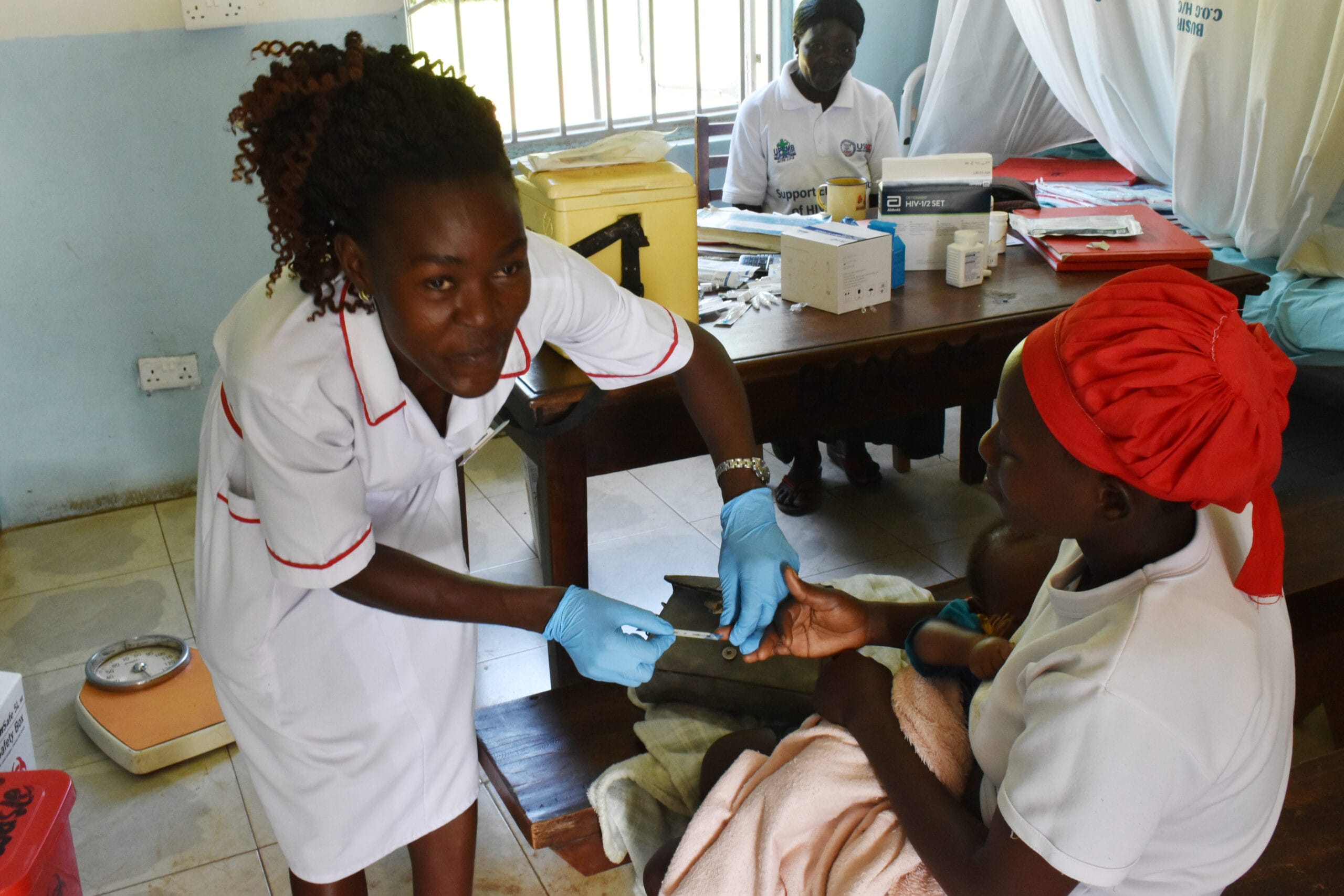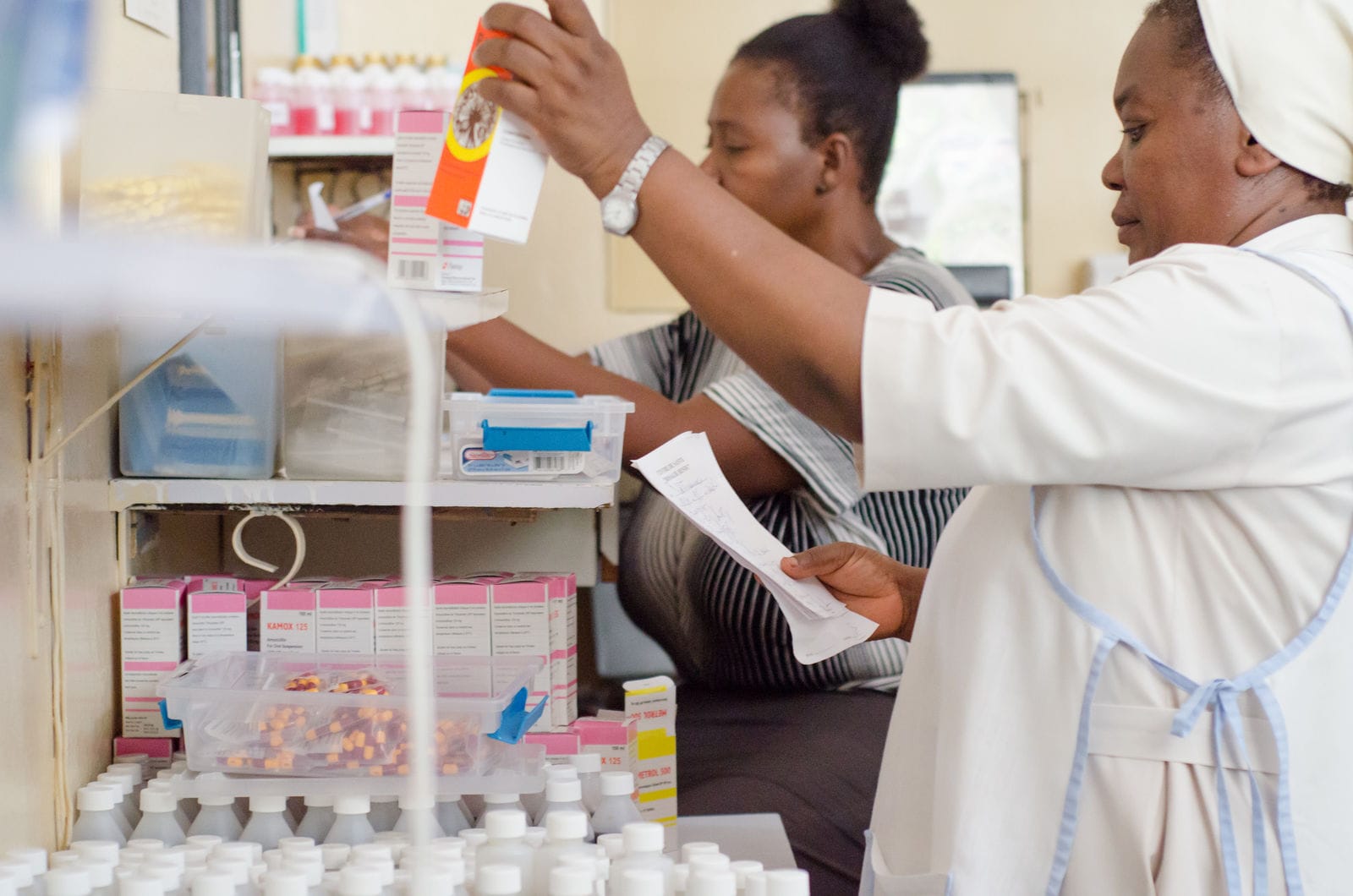
How Faith Actors Partner with PEPFAR to Save Lives
We made tremendous progress toward ending HIV/AIDS. Now is not the time to stop.
World AIDS Day is a day to celebrate the achievements made in the fight against this terrible disease. Given the enormous impact of the President’s Emergency Plan for AIDS Relief (PEPFAR), UNAIDS, and the Global Fund to Fight AIDS, Tuberculosis, and Malaria, there is much to celebrate:
- 25 million lives have been saved
- 20.4 million people are receiving antiretroviral treatment
- 71.1 million people have been tested and are aware of their status
- 7 million orphans and vulnerable children received critical care
- 5.5 million babies born HIV free

World AIDS Day is also a time to reflect on the promise made in 2003 to end the HIV/AIDS pandemic as a public threat by 2030. While that goal may be out of our reach, we are not far behind. We could see the end of HIV/AIDS within 10 years, but if–and only if–we stay the course and continue the tremendous progress we’ve made.
The faith community’s engagement and support of PEPFAR was focused on a singular principle – all human life has dignity and is worth protecting. There are some things that transcend politics, such as our calling to tend to the sick and help those in need – not to our benefit but because it is the right thing to do.
Despite these significant results against HIV/AIDS, the PEPFAR program is in danger of not being reauthorized before its expiration in March 2025. If that were to happen, many programs that do much more than address HIV/AIDS would be in significant danger.
Here are only two of many inspiring examples.
Faith in Action in Haiti
CCIH member Catholic Medical Mission Board (CMMB) was among the first faith-based organizations to partner with PEPFAR and has been a continuous partner since 2004. Utilizing a two-pronged approach, CMMB’s work to prevent mother-to-child transmission in Haiti addresses the stigma discouraging people from seeking testing to know their status.

Community health workers visit families at home to ensure children take their medication, while monitoring and documenting their doses. Families also receive counseling and can access consistent clinical care as needed. The political upheaval and violence in Haiti have made access to care so much more vital as resources become more difficult to find.
CMMB’s HIV programming reached 92,661 people in Haiti in 2023, and 88 percent of children who have been tested and know their status are now on treatment. Among the children in treatment, 89 percent have achieved viral suppression—meaning the virus is nearly undetectable in blood tests and cannot be spread to others.
Without CMMB’s partnership with PEPFAR, these transformational results would not be possible.
Strengthening Blood Supply Safety in India
In India, PEPFAR (in partnership with the Centers for Disease Control) provided funding for the Quality Management Systems in Blood Banks and Blood Transfusion Systems project. Implemented by the Christian Medical Association of India (CMAI) and other partners, this grant provided critical capacity building that strengthened India’s healthcare system.
Technical training for blood bank staff, lab technicians, nurses and counselors helped to provide a safer and more reliable blood supply in the public healthcare system. The project trained 3,627 blood bank staff across 26 regional training centers. This project ended several years ago, but its legacy persists.
Among the benefits of the program included improvement in the diagnosis of Tuberculosis, especially drug-resistant strains, allowing for enhanced coverage and health outcomes for people living with HIV/AIDS.
An AIDS-Free Generation: A Goal Worth Fighting For
These are only brief samples of how PEPFAR has worked with CCIH members to address the fight against HIV/AIDS and strengthen health systems to be able to handle future epidemics and non-communicable diseases.
They demonstrate PEPFAR’s impact while working with the faith community to improve health systems and save lives and why the faith community must stand together and use their voice to support this life-saving program. The faith community helped to create PEPFAR; now it is needed to help make sure it continues until the goal of an AIDS-free generation is achieved.
Top photo courtesy of CMMB
